Overview
This blog provides a comprehensive guide on pocket knives, covering their definitions, legal considerations, state-specific laws, classifications, and the significance of Damascus Steel. It emphasizes the importance of understanding local regulations regarding blade length, carry methods, and the purpose of use to ensure responsible ownership and compliance.
Frequently Asked Questions
1. What is a pocket knife?
2. What are the legal considerations for carrying pocket knives?
3. Are there different types of knives under pocket knife laws?
4. What factors can influence the legality of carrying a pocket knife?
5. How does Damascus Steel relate to pocket knife culture?
Carrying pocket knives is a common practice among many outdoor enthusiasts, hobbyists, and everyday individuals who appreciate the convenience of this versatile tool. However, understanding the legalities surrounding pocket knives is essential, as laws can vary significantly across different states in the U.S. This comprehensive guide will help you navigate the legal considerations regarding pocket knives, including the various types of knives, classifications, and crucial factors to consider based on your location. We will also touch upon the admired trade of Damascus Steel within this context, showcasing its relevance in the knife community.
Understanding Pocket Knives: A Brief Overview
Before diving into the legality of carrying pocket knives, it is important to grasp what defines them. Generally, a pocket knife is a folding knife that is compact and can easily fit in your pocket. These knives come in various designs and sizes, but they are primarily categorized into three types:
- Standard Folding Knives: These knives have blades that fold into the handle and are typically under a certain length, making them legal in most states.
- Serrated Edge Knives: These knives feature a jagged blade, often preferred for cutting ropes or tough material. The legality often depends on blade length and style.
- Fixed Blade Knives: While not technically a pocket knife, some people carry fixed-blade knives. These typically have different legal restrictions, often pertaining to the visibility of the knife when carried.
Within these categories, you’ll often find knives made from various materials, including the highly regarded Damascus Steel, known for its durability and aesthetic beauty. Investing in a knife made with Damascus Steel not only provides excellent functionality but also adds to the artisan appeal that many collectors appreciate. However, remember that the legality of carrying any of these knives hinges on state laws.
State-by-State Knife Laws
Knife laws are not uniform across the United States; they vary widely by state and even by city. Understanding the specifics can save you from potential fines or legal trouble. Here’s a breakdown of what to keep in mind:
California
In California, folding knives with blades longer than 2.5 inches are considered illegal to carry in public. However, the laws differ for recreational activities where the knives may be necessary. While carrying a knife made from Damascus Steel may be appealing for its craftsmanship, remember to adhere to these regulations.
Texas
Texas has more lenient knife laws concerning pocket knives. You can legally carry a knife with a blade length of up to 5.5 inches. There are additional considerations for knives classified as “illegal knives,” which include knives with blades that can be opened with a switch or have a double-edged blade.
New York
New York City, in particular, has strict laws regarding the carrying of knives. The state generally allows folding knives, but it has a strict definition of what constitutes a “gravity knife.” Always check local regulations to ensure compliance when carrying any knife, including those made from Damascus Steel.
Florida
In Florida, it is legal to carry a pocket knife with a blade length of up to 4 inches. Additionally, you can carry knives with dual edges, making it a more flexible environment for knife enthusiasts. However, always be cautious in public spaces, particularly at schools or government buildings.
Knife Classifications: What They Mean for You
When determining the legality of carrying a pocket knife, it’s essential to classify it correctly. Here are some common classifications:
- Everyday Carry (EDC): Knives designed for practical and regular use, typically in an urban environment. These should conform to local laws regarding blade lengths and opening mechanisms.
- Tactical Knives: Often designed for military or tactical purposes, these knives may come with advanced opening mechanisms, which some states may classify as illegal.
- Collectible Knives: Knives such as those crafted from Damascus Steel are often collected rather than used. Their classification may affect carrying regulations, especially if they are designed more for aesthetics than for utility.
Factors Influencing Legality
Several factors influence whether carrying a pocket knife is lawful in a given area, including:
Blade Length
One of the most crucial factors is blade length. Many states define specific allowable lengths that differ from one location to another. When selecting a pocket knife, particularly one that features Damascus Steel, ensure that its dimensions comply with your locality’s legal standards.
Concealment vs. Open Carry
The context in which you carry a knife often affects the legality as well. For instance, some states allow openly carried pocket knives but restrict concealed ones. It’s essential to know the laws regarding both forms of carry.
The Purpose of Carry
If you are carrying a knife for a legitimate purpose, such as camping or fishing, it may influence how law enforcement perceives your intent. Craftsmanship knives, particularly those made from Damascus Steel, can sometimes be viewed as tools rather than weapons when their purpose is clear.
Practical Tips for Pocket Knife Carriers
To ensure you comply with laws regarding carrying pocket knives, consider the following practical tips:
- Stay Informed: Regularly check your local state regulations, as laws could change. Staying informed is key for responsible ownership.
- Know Community Rules: Some cities have their own regulations that supersede state laws. Always be aware of these before carrying a knife.
- Use a Sheath or Safe Carry System: Carry your knife safely in a sheath or a designated pocket to avoid accidental exposure or misinterpretation of your intentions.
The Role of Damascus Steel in Knife Culture
As we’ve mentioned, Damascus Steel knives are highly sought after for their unique aesthetic and strength. Often characterized by intricate patterns created during their forging process, knives made from this material are praised for both functionality and artistry. Their cultural significance in the knife community cannot be overstated, with many collectors boasting extensive collections of these exquisite tools.
However, when it comes to legal considerations, the same rules apply as with any pocket knife. The beauty of Damascus Steel doesn't offer you exemption from regulations, so always remain vigilant of the specifics governing your state.
Taking a Responsible Approach
Being a responsible pocket knife owner involves more than just understanding the laws; it also means promoting safety and awareness within your community. Educating yourself and others about proper knife usage can significantly impact how knives are perceived.
Moreover, by sharing information about materials like Damascus Steel and their unique properties, you may foster appreciation for both the art of knife-making and responsible carrying practices. This can create a community that values craftsmanship and compliance alike, leading to better relationships with law enforcement and fellow residents.
So, whether you’re an admirer of Damascus Steel blades, a collector, or someone who appreciates a good utility knife for everyday tasks, understanding the legal landscape for pocket knives is vital. Being informed will not only keep you on the right side of the law but also enhance your experience as a pocket knife enthusiast.
Time to Embrace the Knife Culture Responsibly
Embracing the pocket knife culture is about more than just owning a beautifully crafted blade, whether it be made from practical materials or the elaborate Damascus Steel. It's about understanding the laws, respecting your surroundings, and knowing how to carry your passion safely and responsibly. As you step into the great outdoors or go about your daily routine, keep these insights in mind, and enjoy the camaraderie shared among fellow knife enthusiasts. Whether you're looking for utility or art, your journey with pocket knives will always be enriched with knowledge and appreciation. Happy carrying!


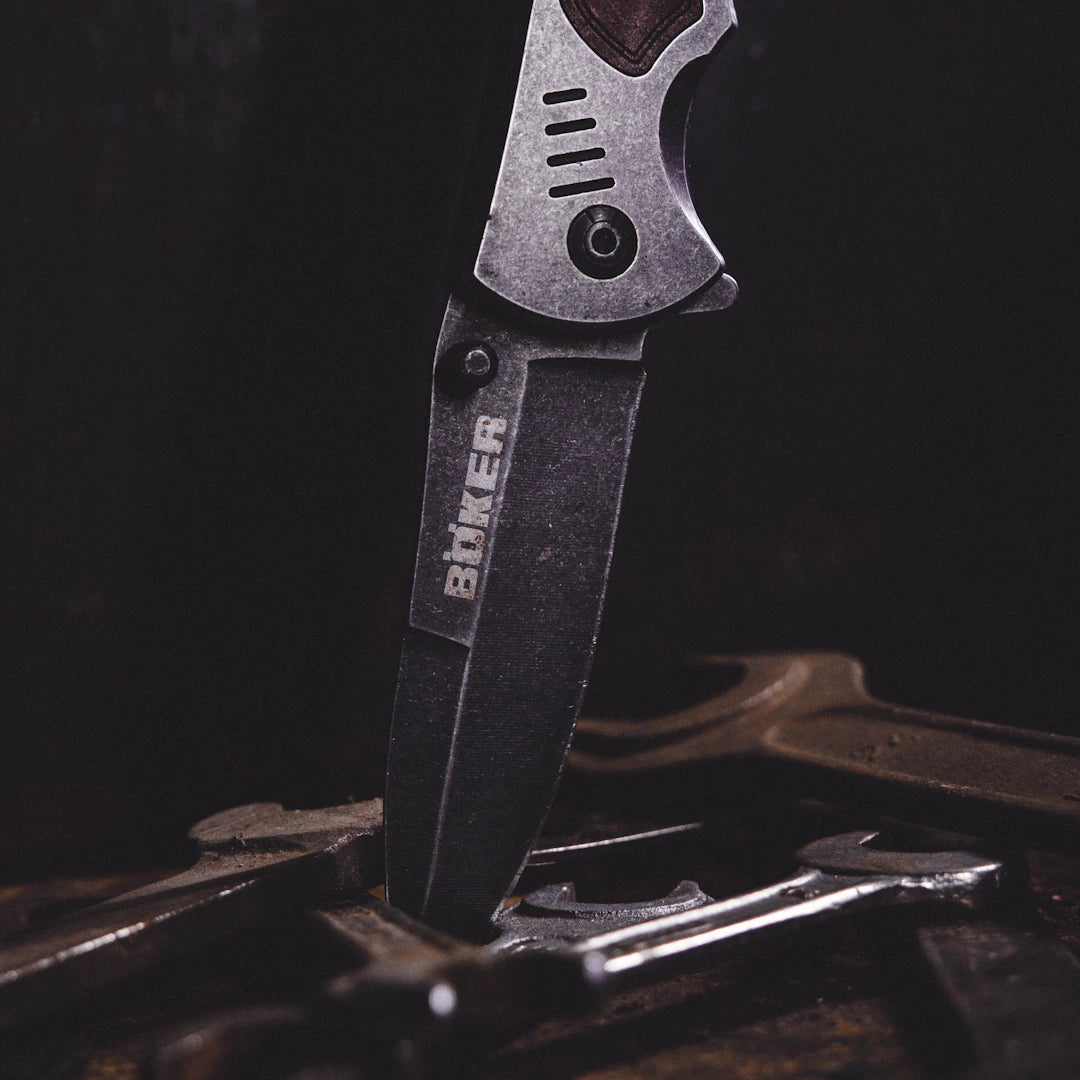



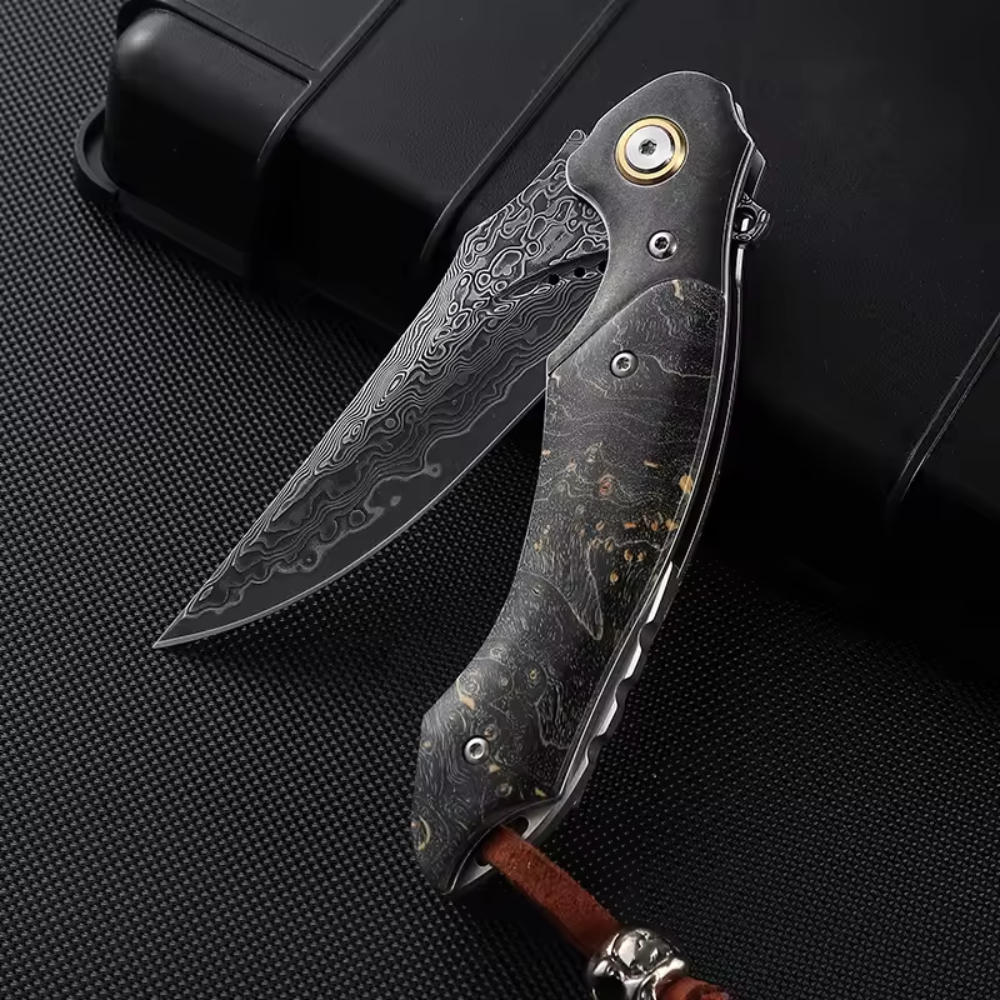
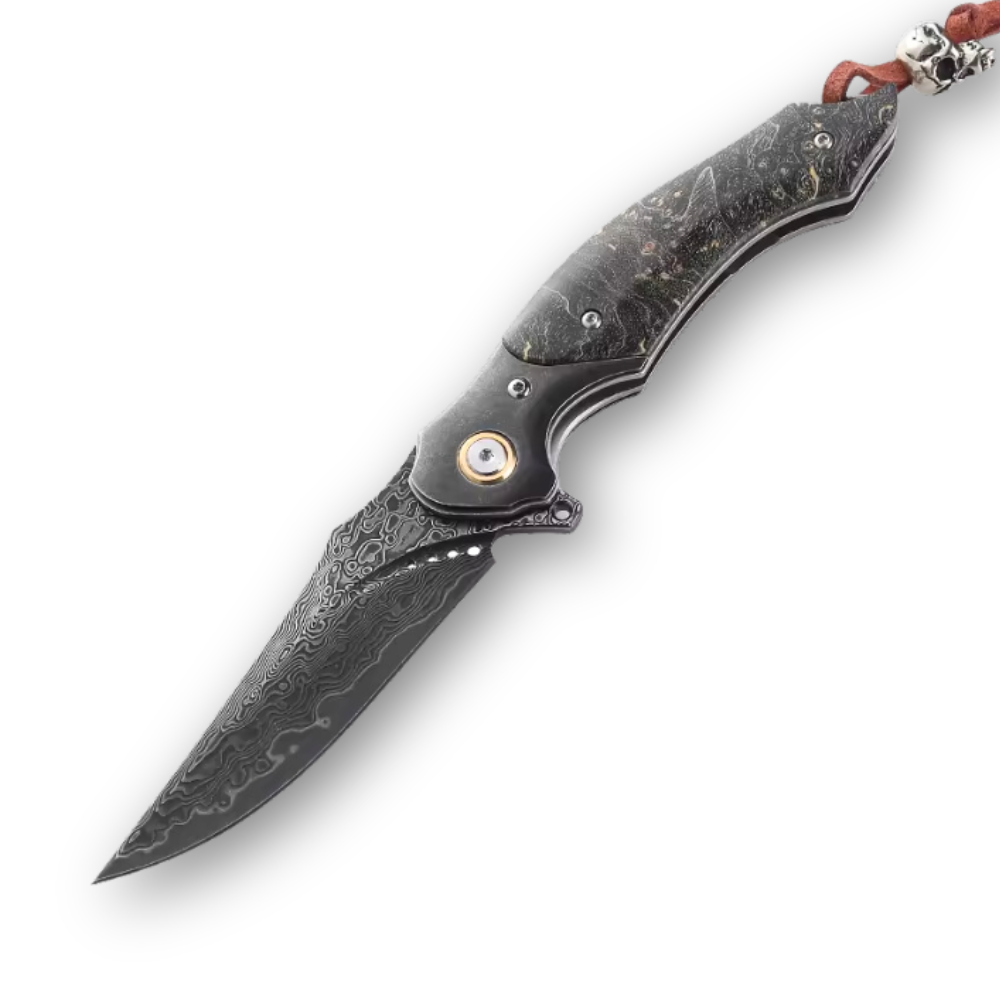
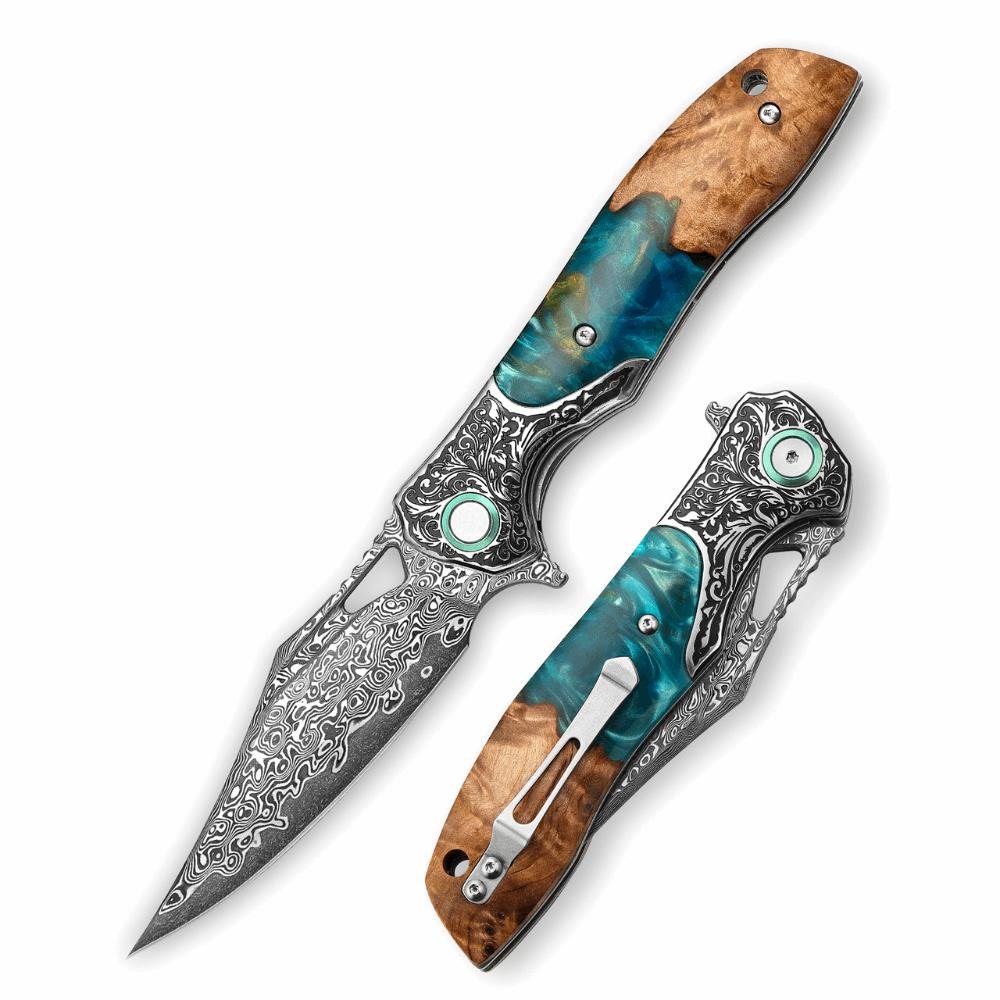
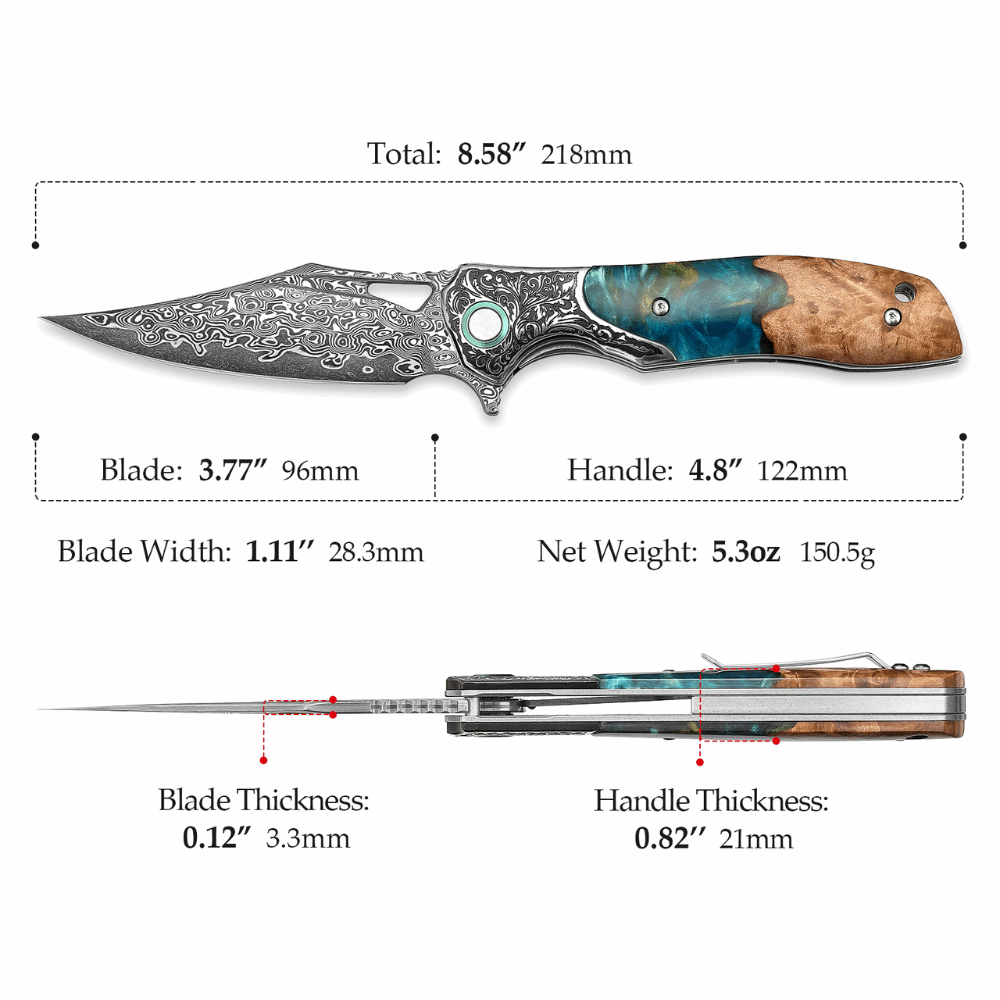
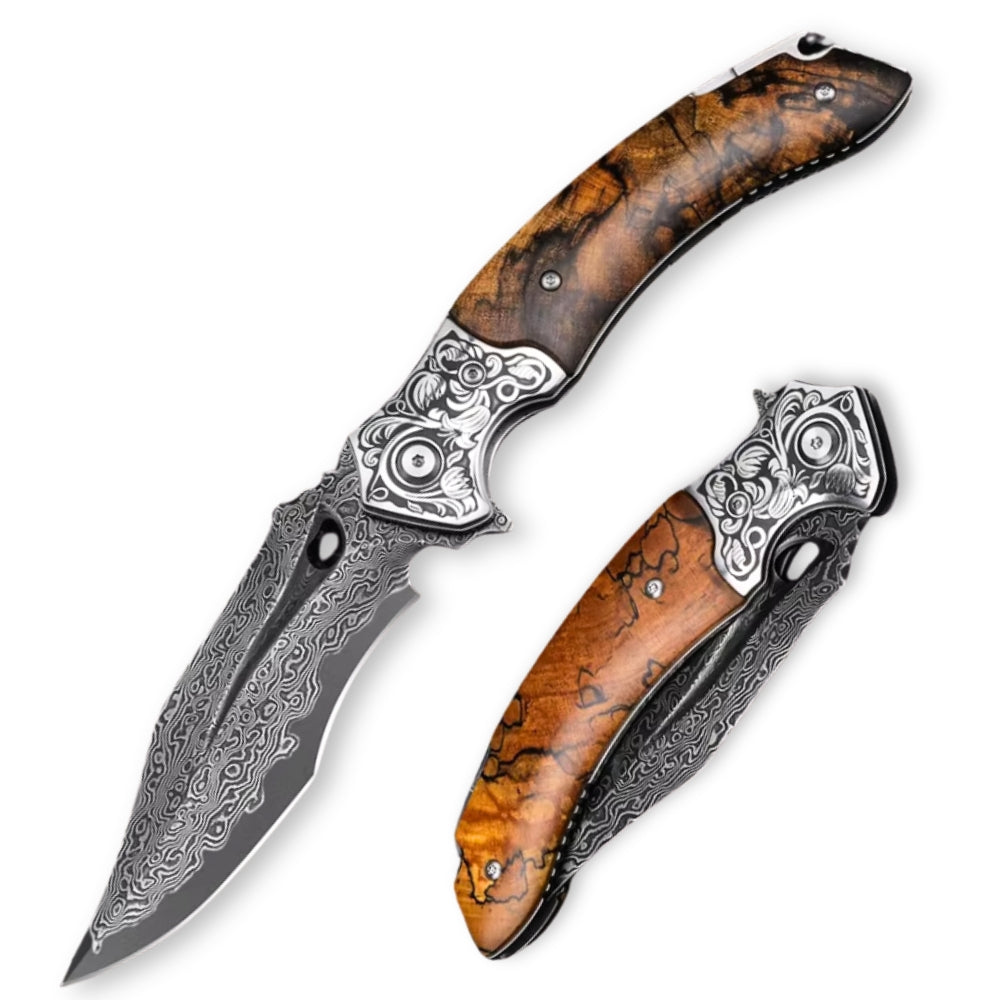
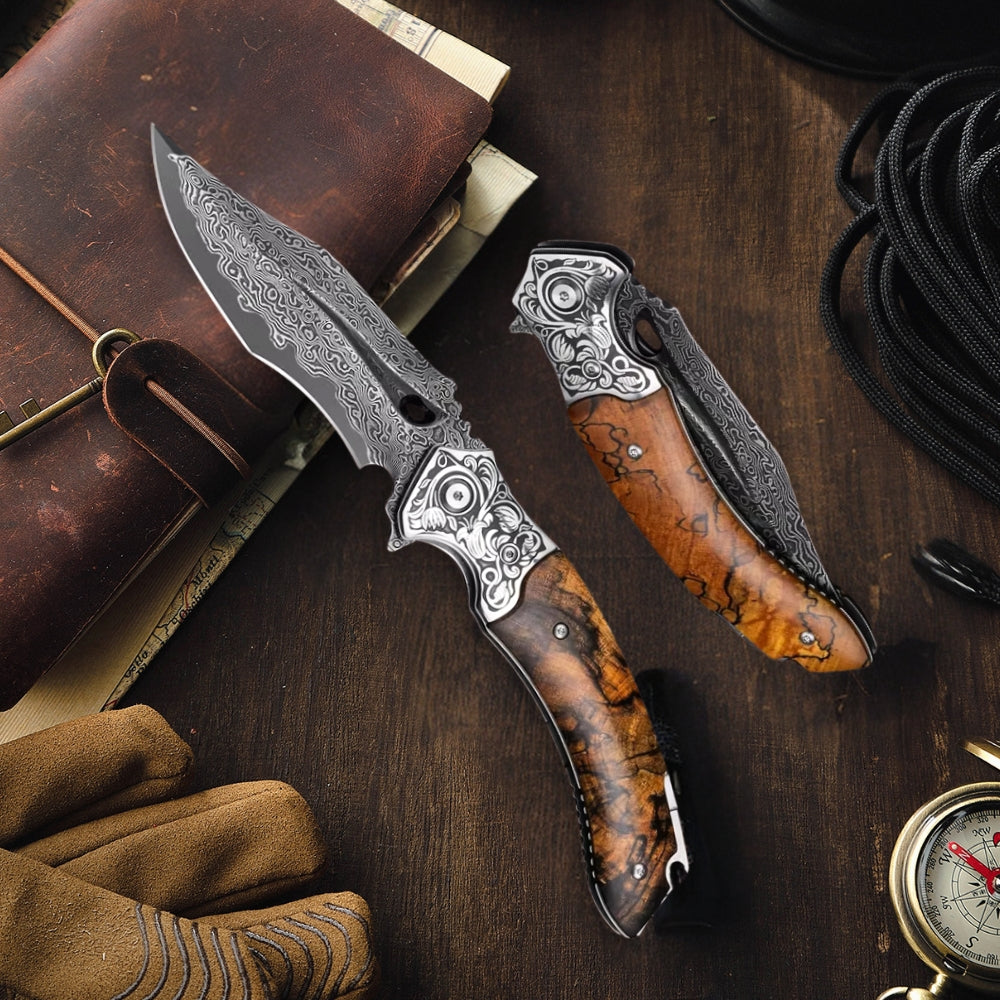
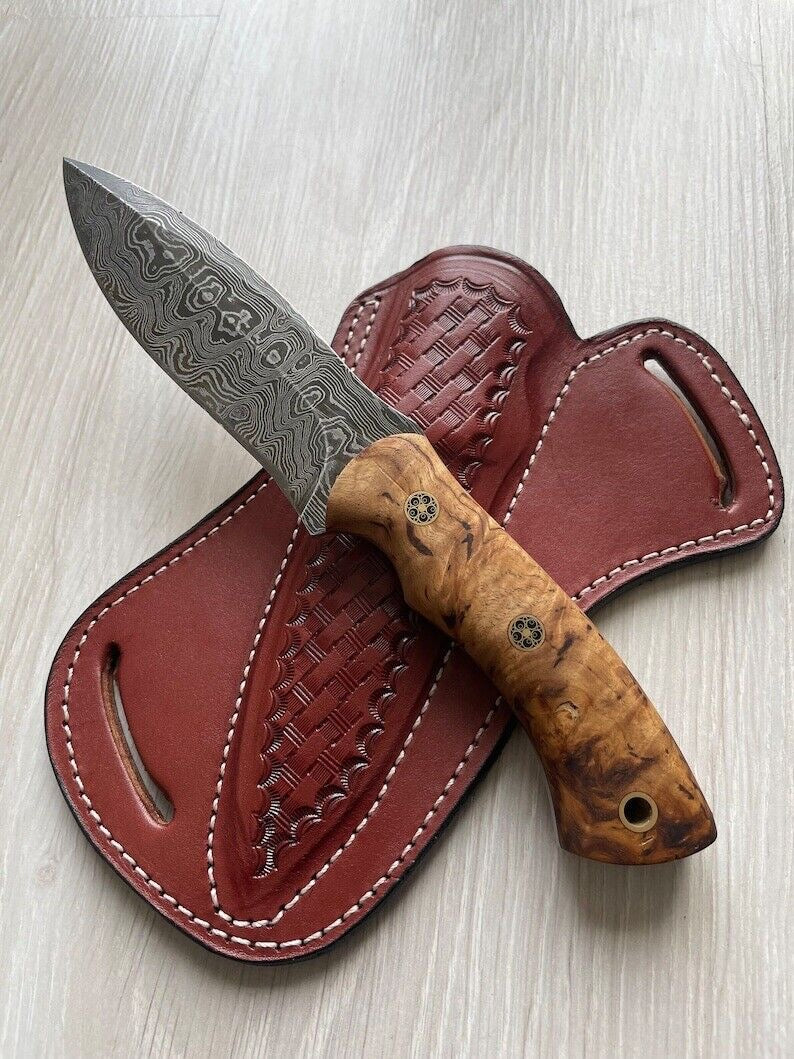
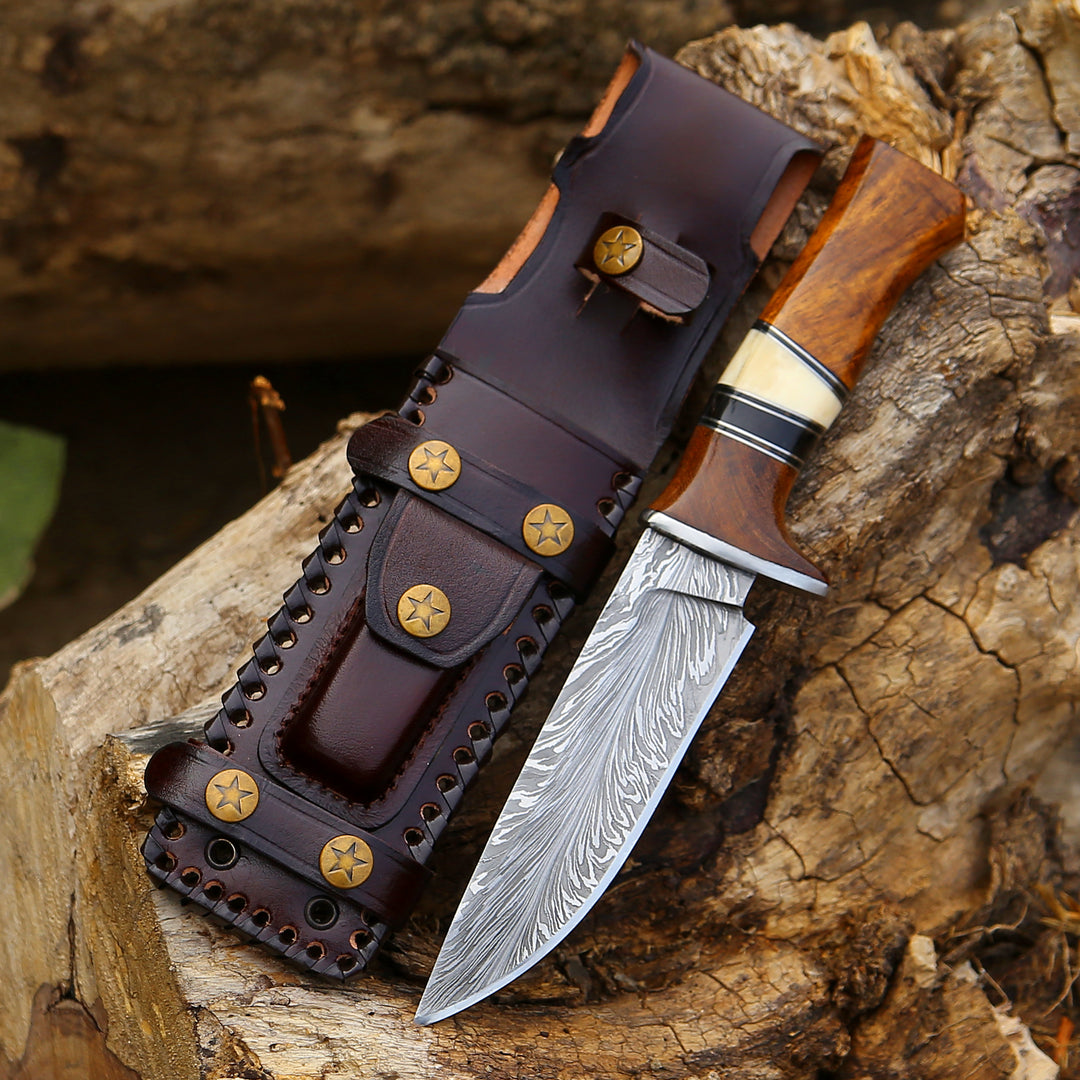
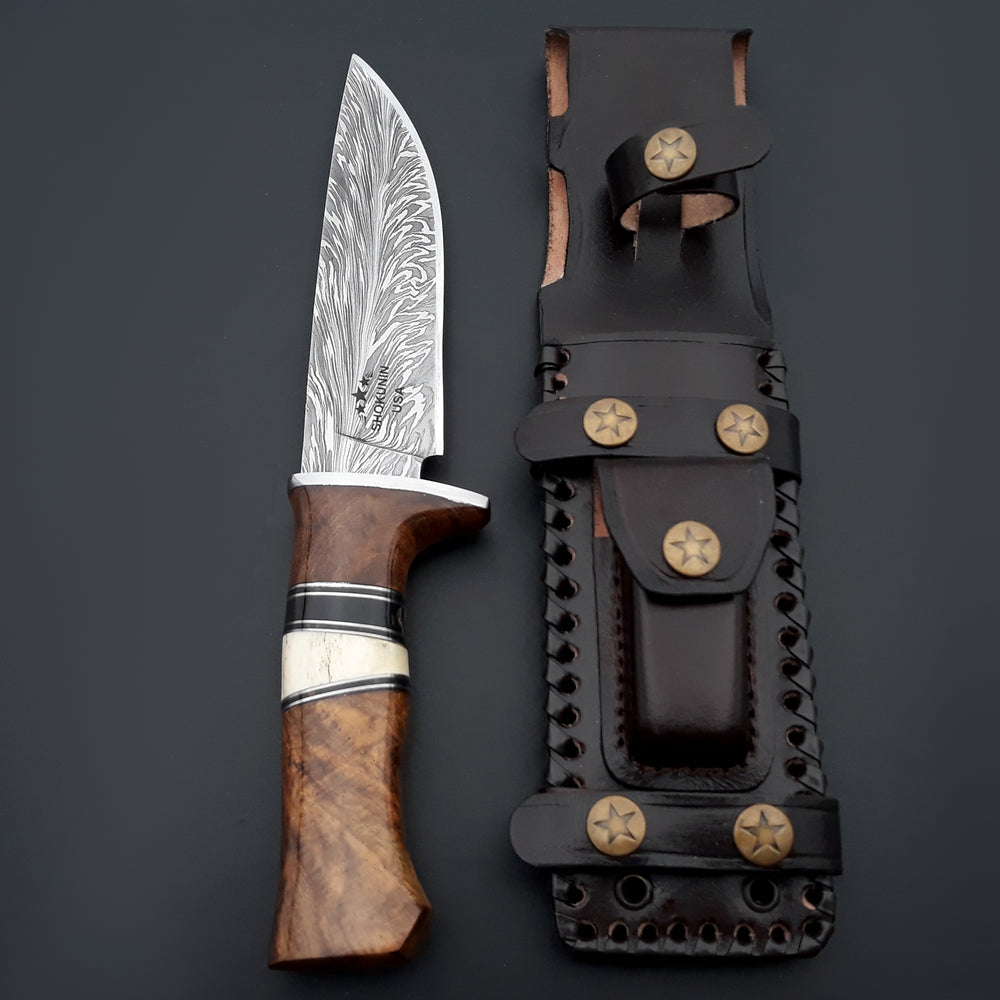
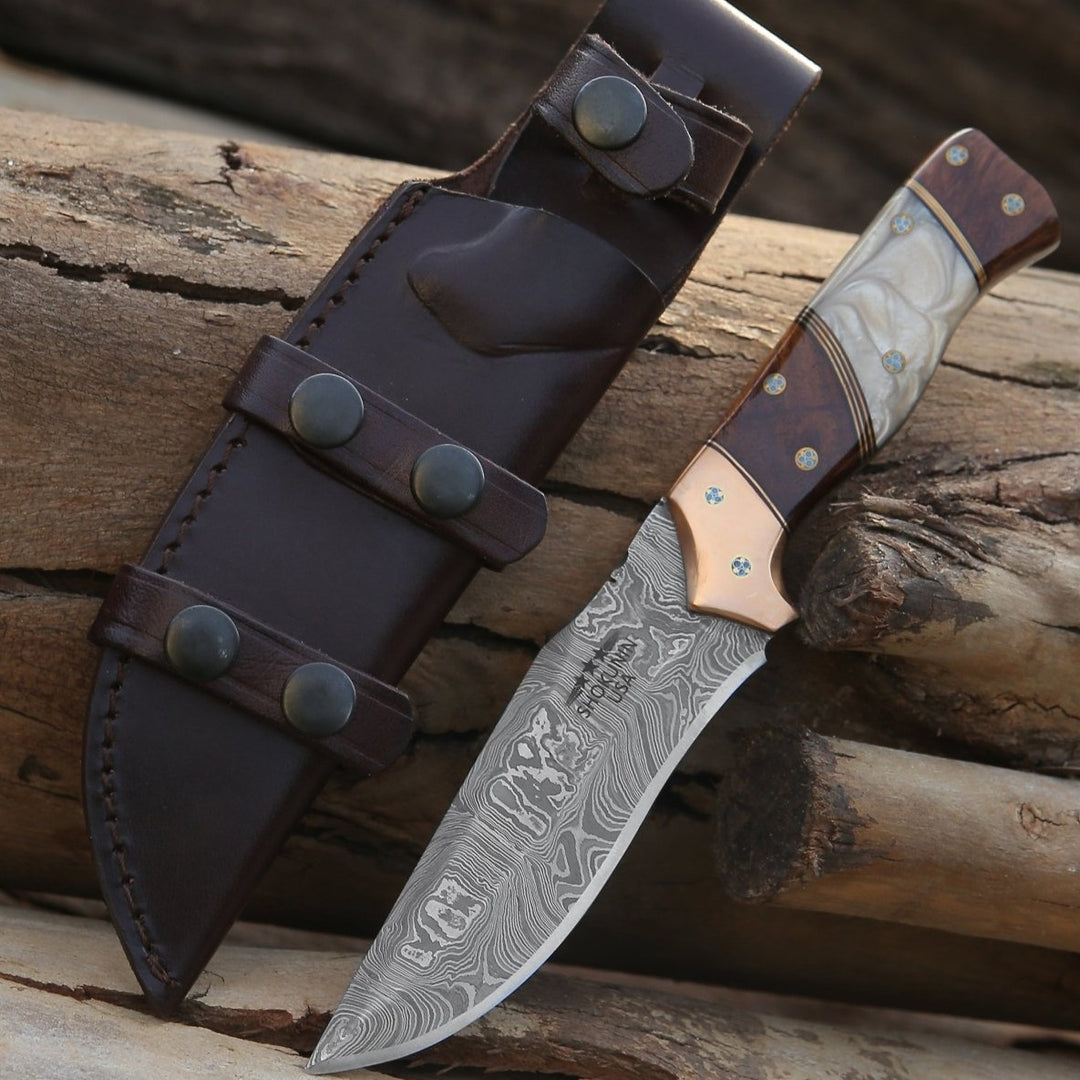
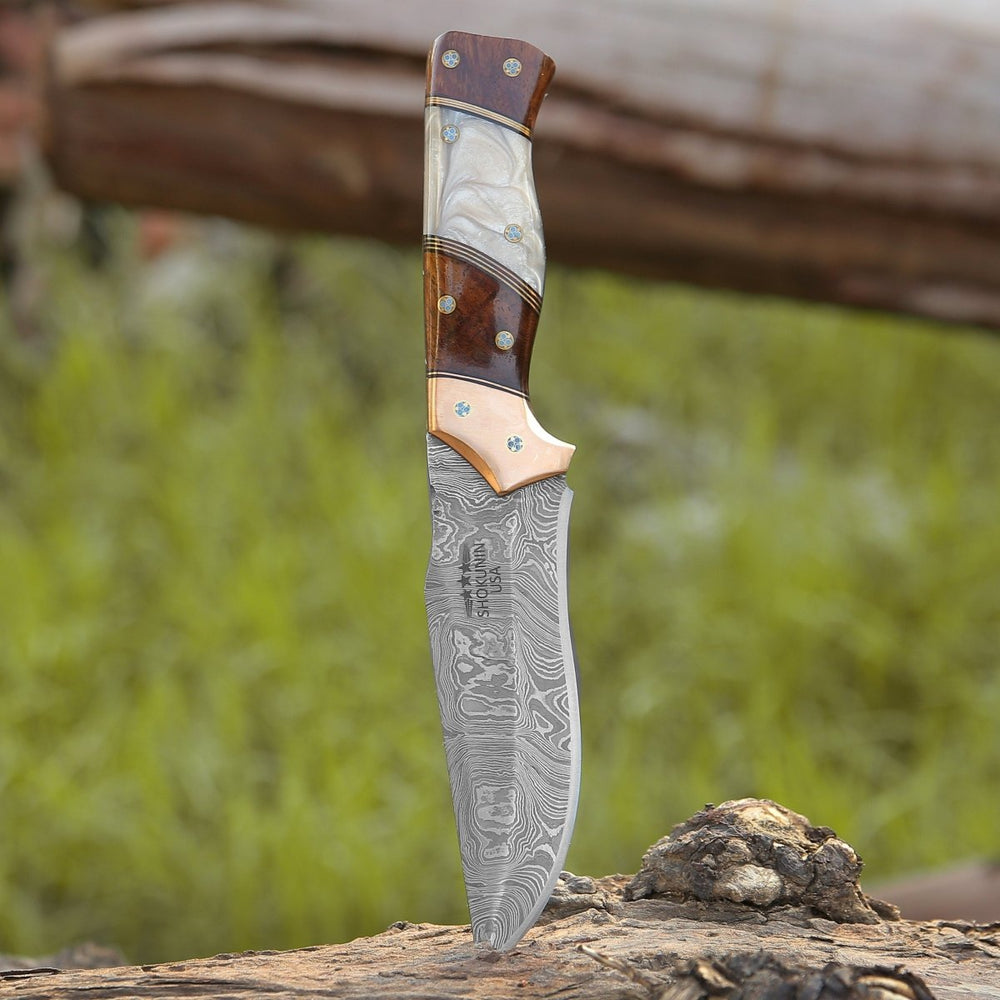
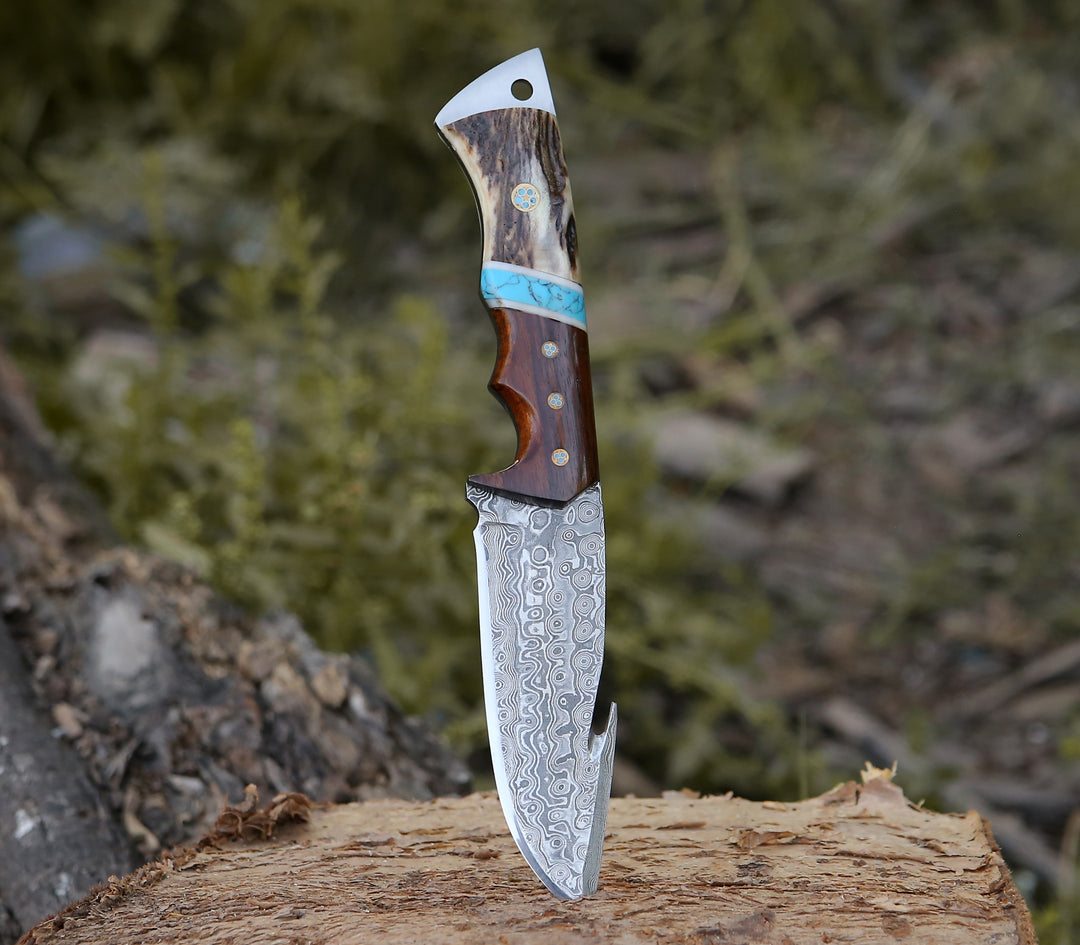
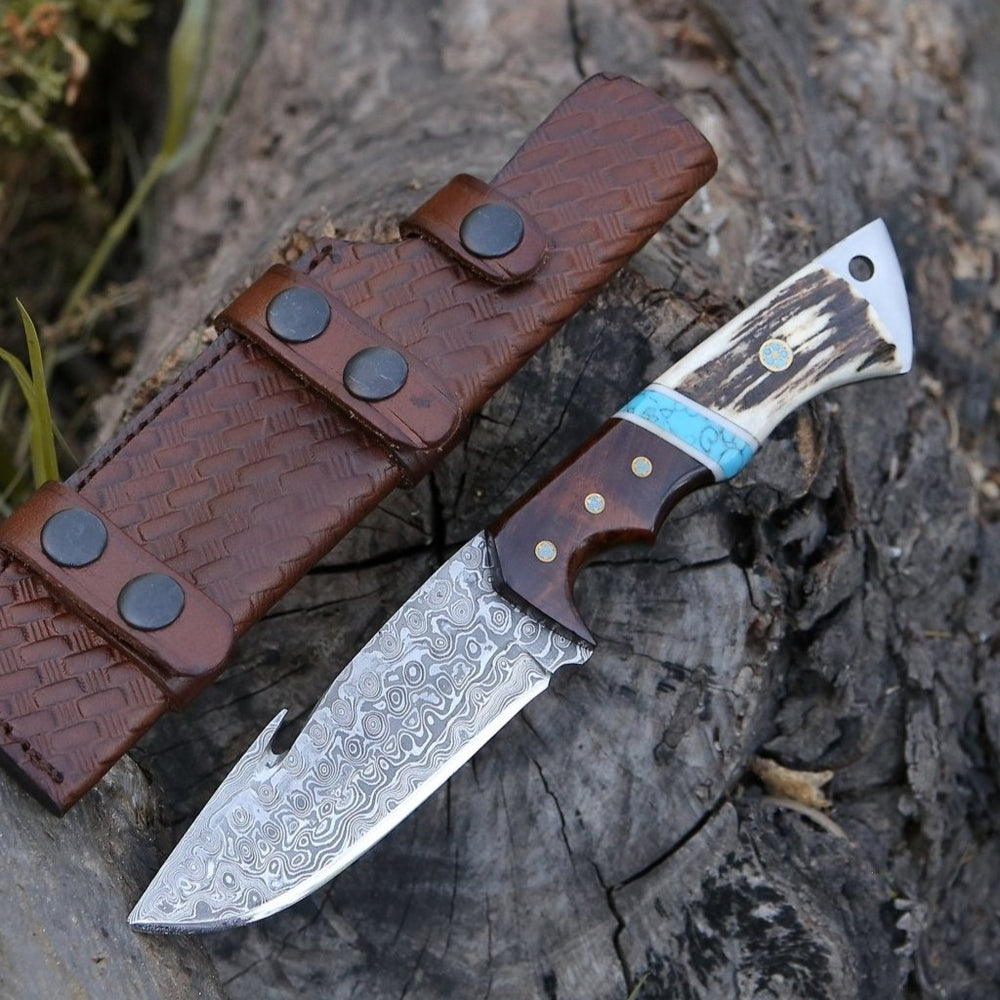
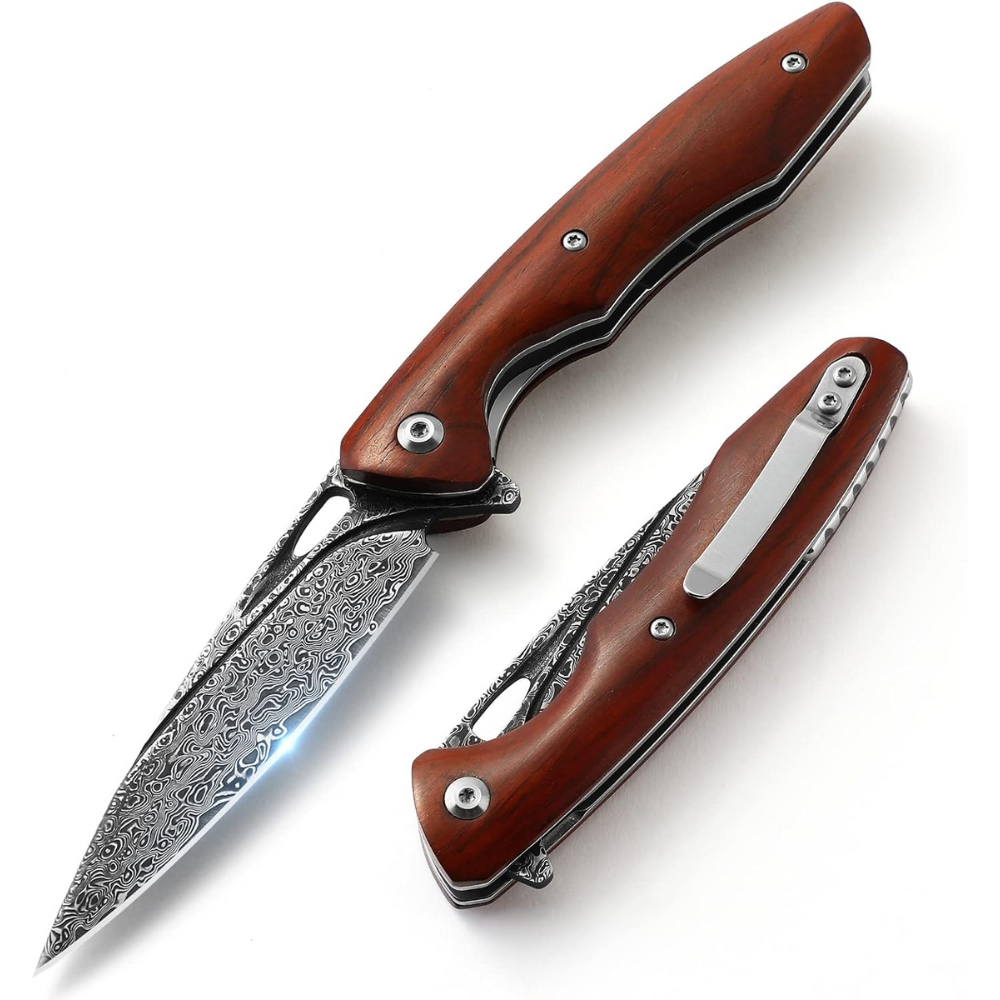
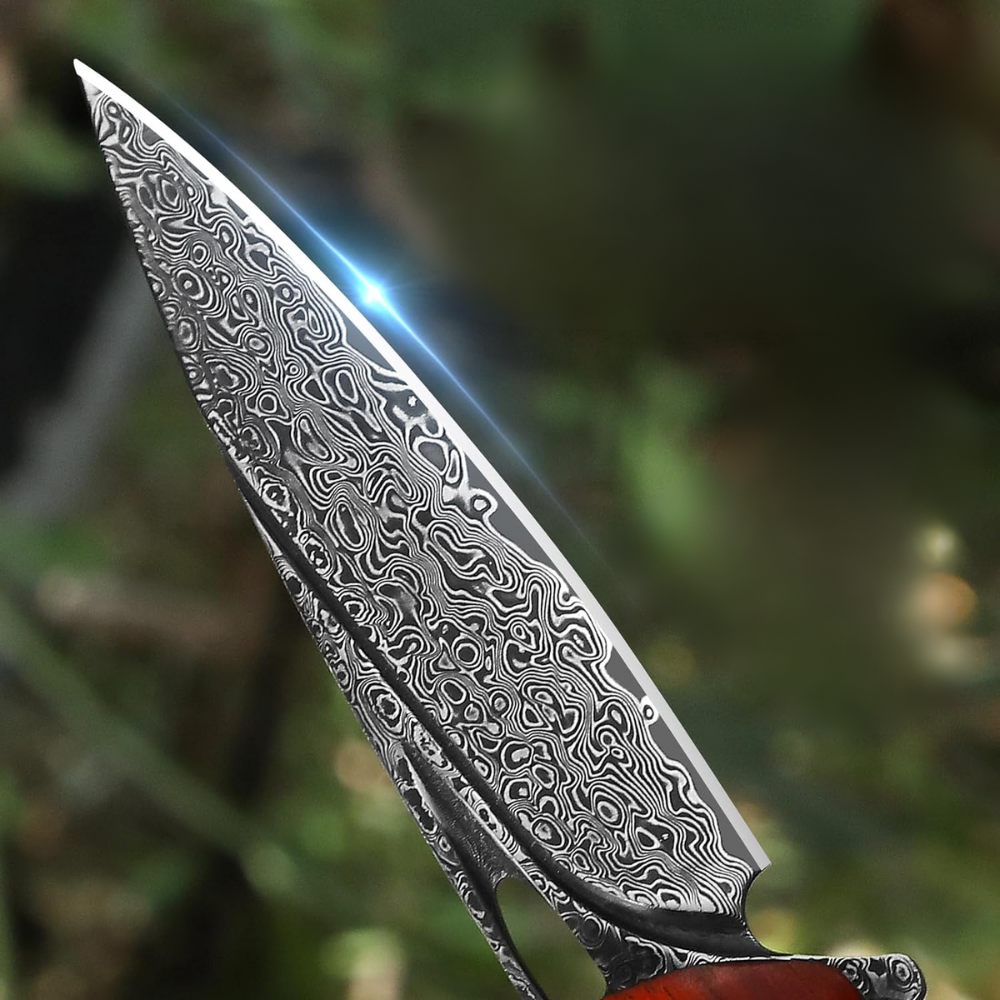
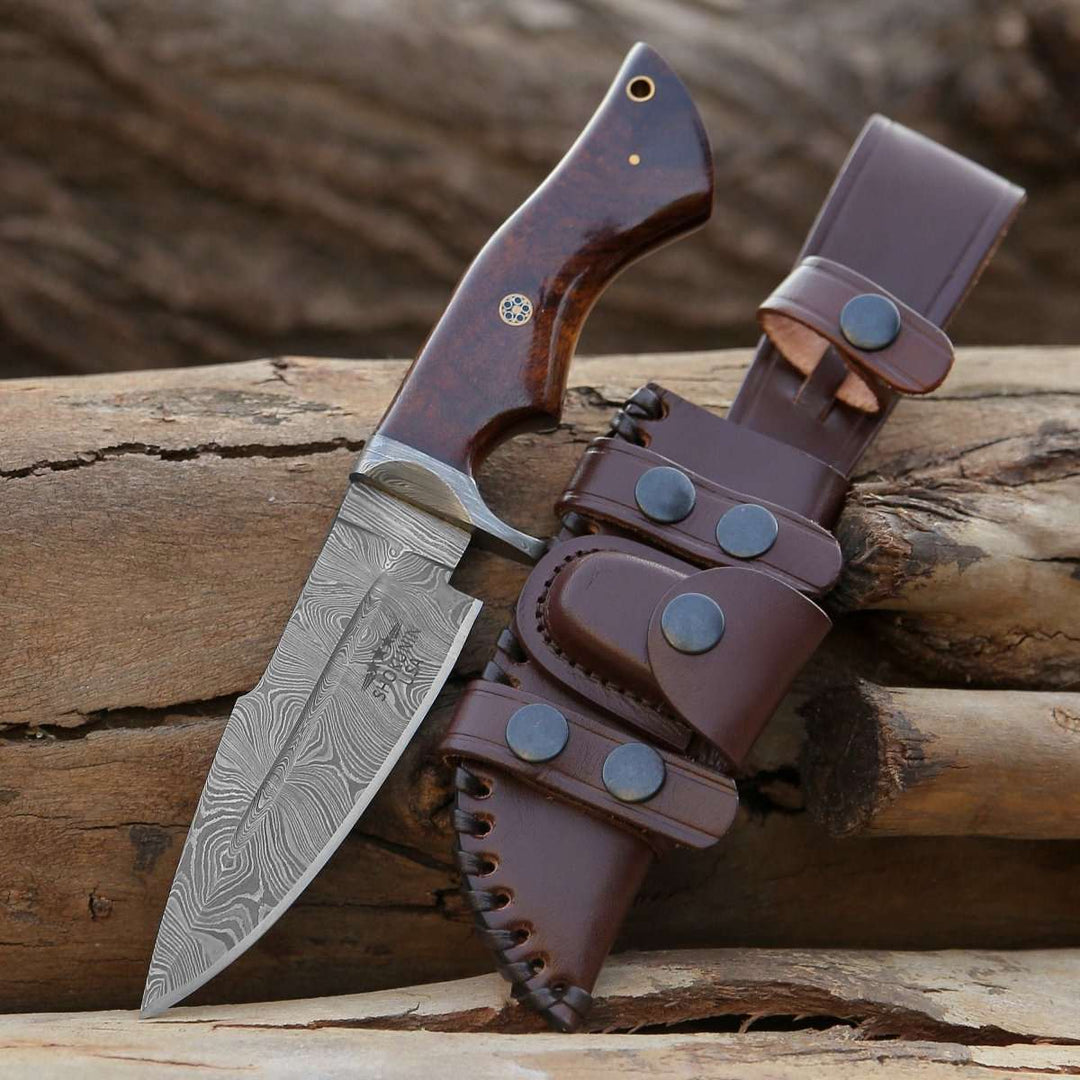
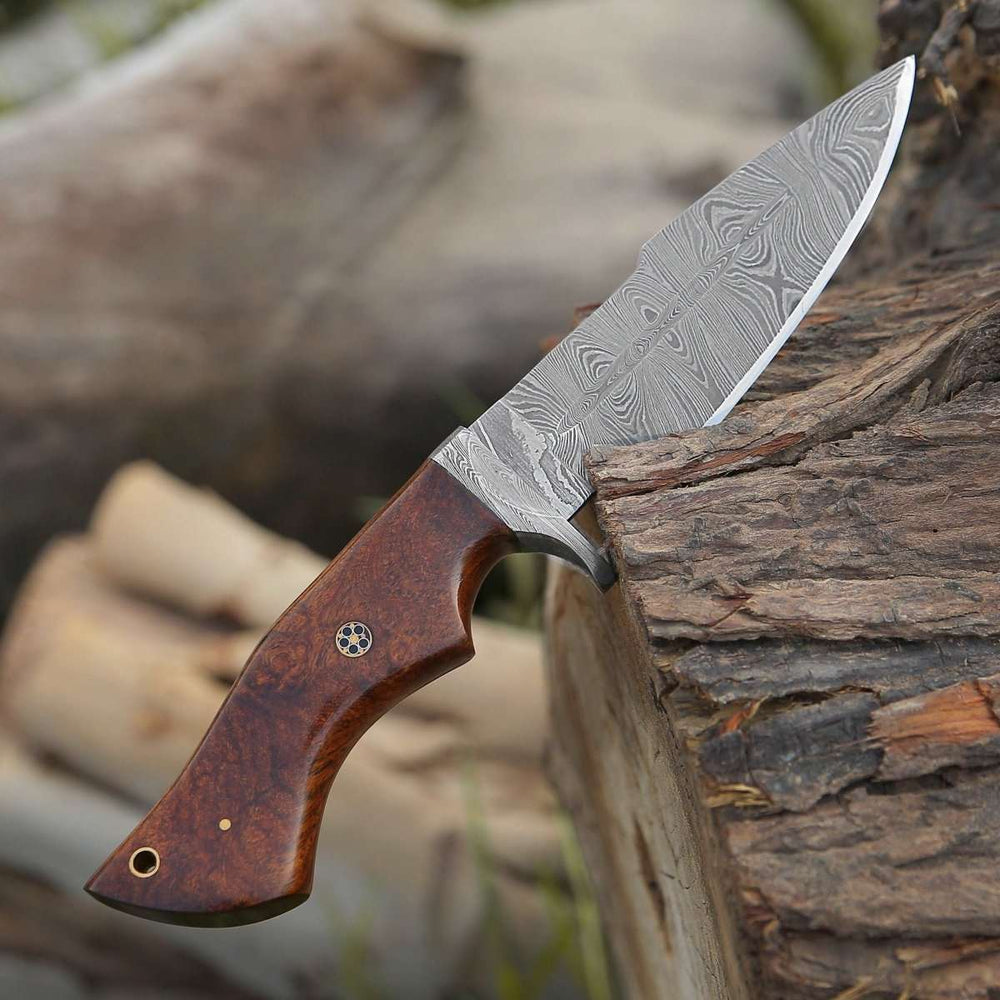
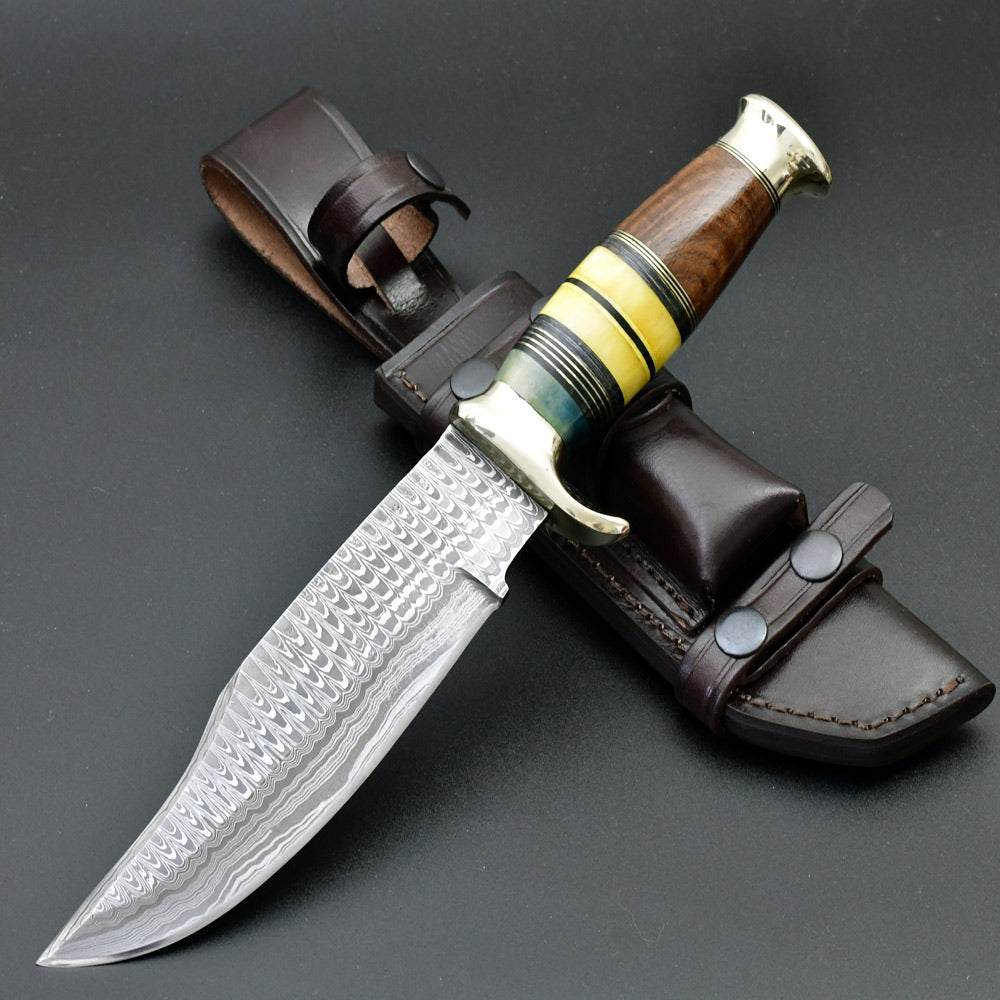
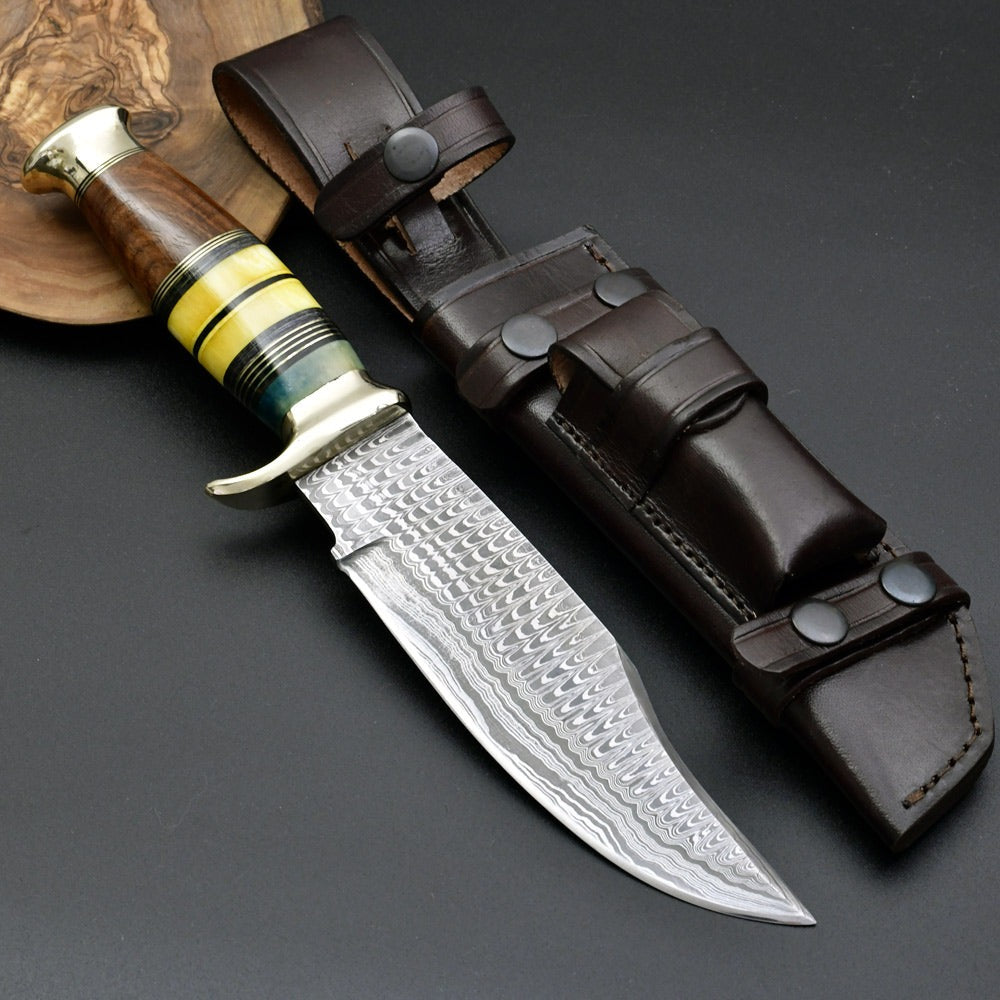
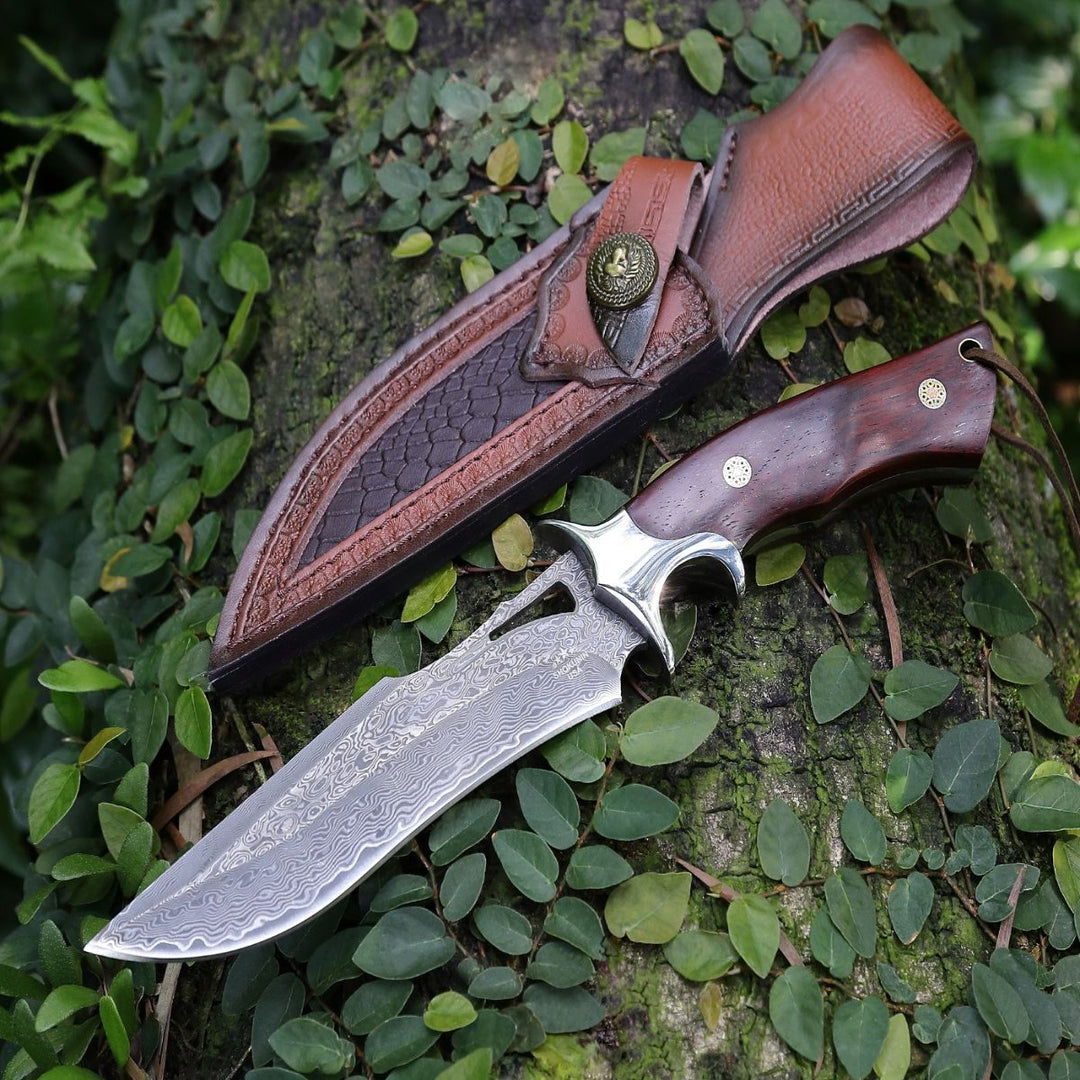
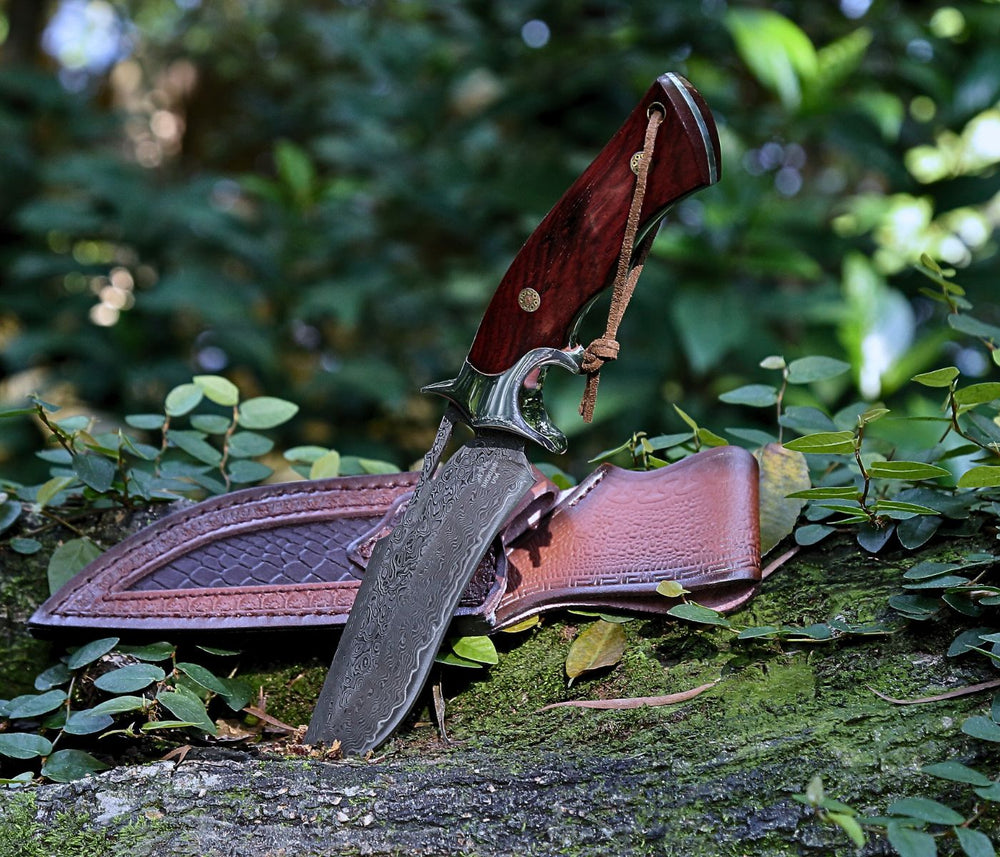
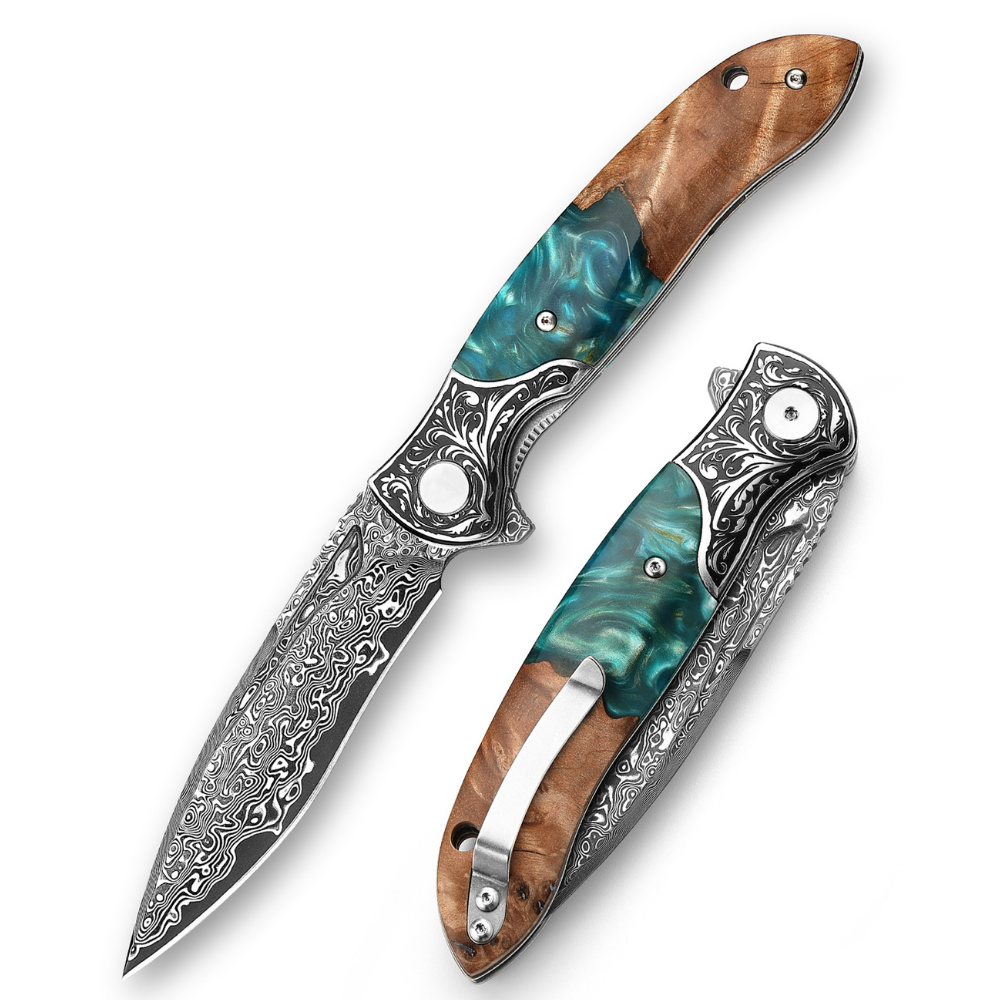
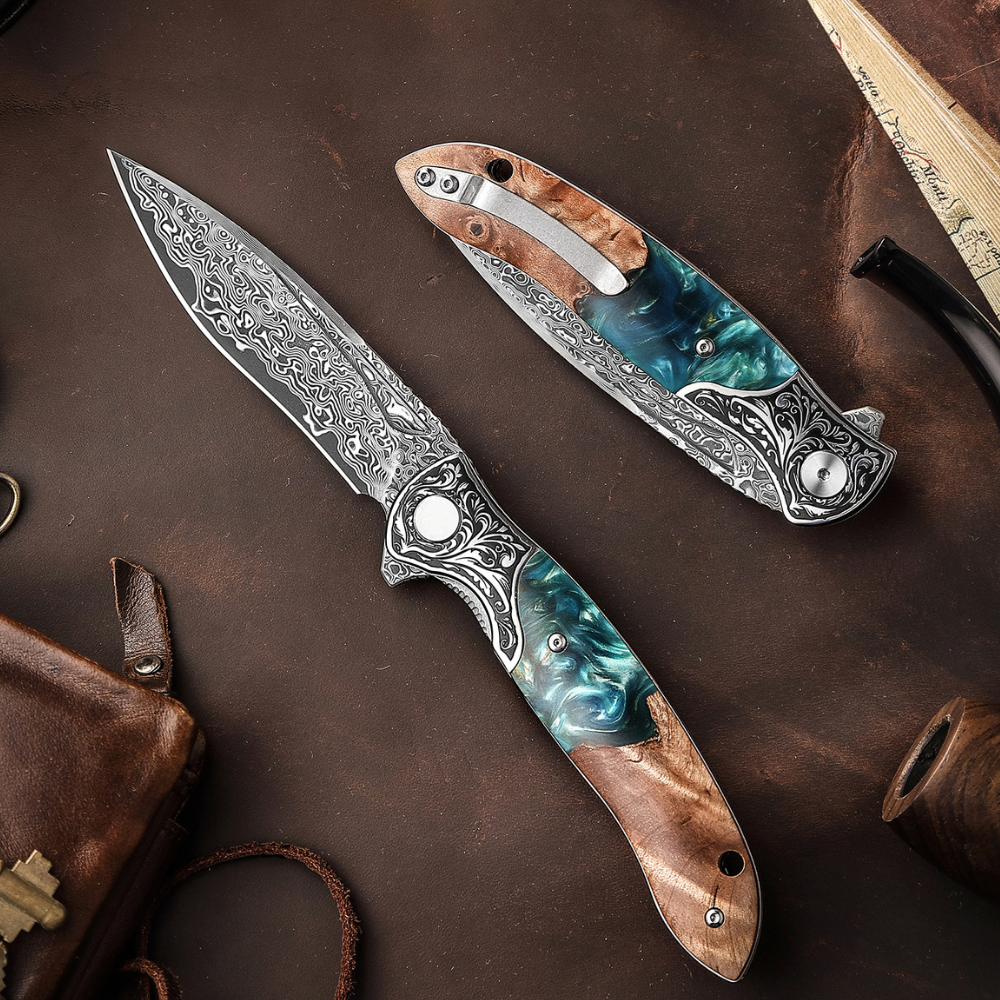
Leave a comment